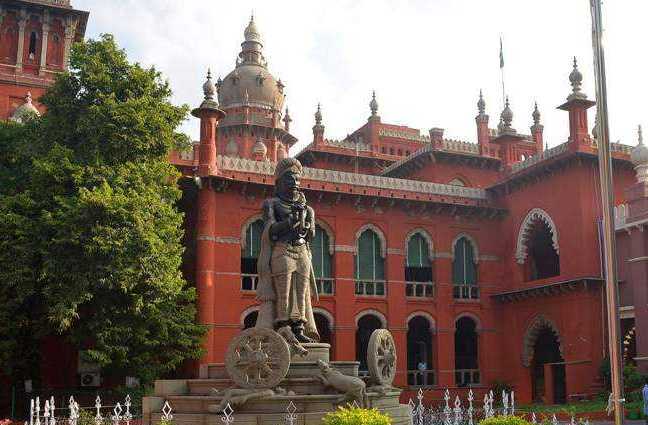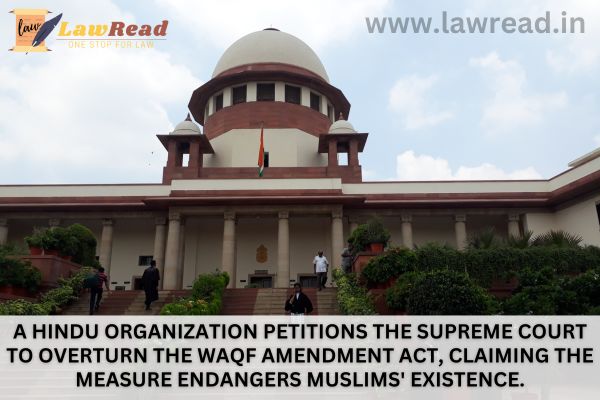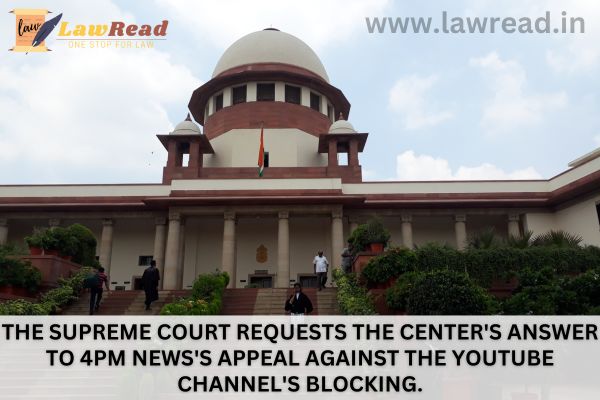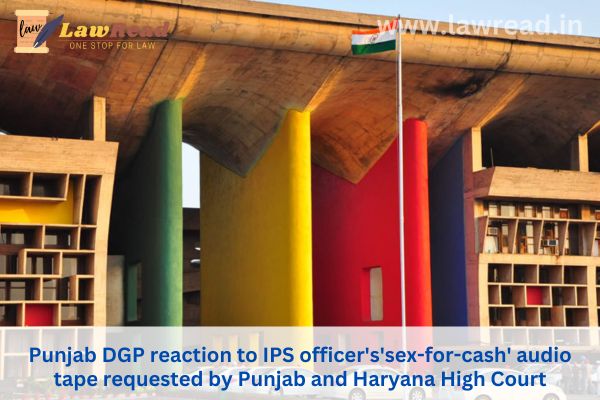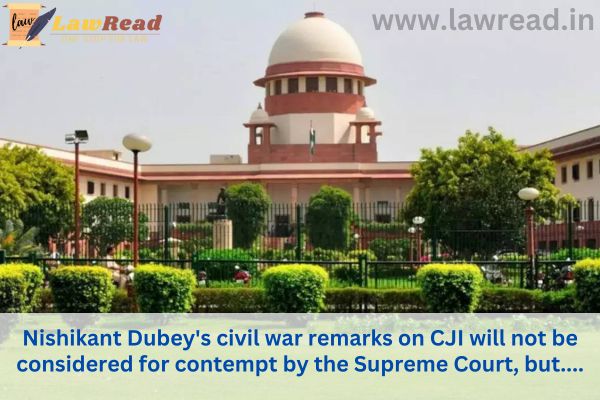News
A Hindu organization petitions the Supreme Court to overturn the Waqf Amendment Act, claiming the measure endangers Muslims' existence.
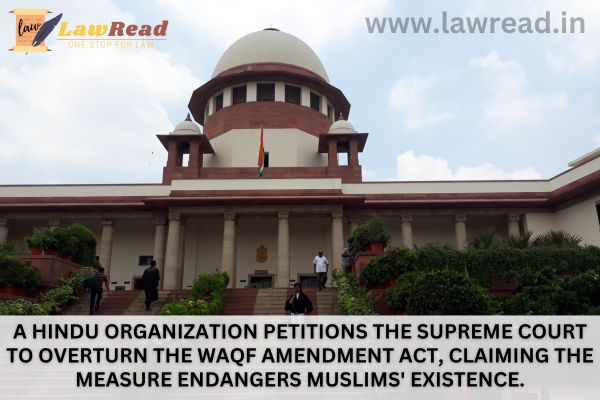
According to the case before the highest court, the modified statute is a scheme to completely destroy the financial and economic independence and sustainability of the Muslim religion in India.
Sree Narayana Manava Dharmam Trust, a Hindu organization with headquarters in Kerala, has petitioned the Supreme Court to overturn the Waqf (Amendment) Act, 2025, claiming that the law jeopardizes the survival of the Muslim population in India.
The trust, which was founded in 2023 with the goal of researching and disseminating the teachings and values of the sage and philosopher Sree Narayana Guru, has attempted to get involved in the series of petitions that contest the Waqf law's revised provisions.
"Given the teaching of Sree Narayana Guru about the inter-dependent nature of the well-being of all persons and communities, the ‘Sree Narayana Manava Dharmam Trust’ cannot be an idle spectator to the devastating impact of the impugned Act taken as a whole on the Muslim community of India and to social justice in our country," it told the highest court.
A bench consisting of Justice PV Sanjay Kumar, Justice KV Viswanathan, and Chief Justice of India (CJI) Sanjiv Khanna will hear the Waqf case at 2:00 PM today.
The highest court noted that people who want to dispute the law can submit intervention applications to support the arguments of the current petitioners, and it has forbidden the filing of additional petitions in the case.
According to the trust's intervention application, the statute effectively outlaws waqf in India.
"The impugned Act explicitly but erroneously treats the Waqf mechanism as a non- religious institution, thus deleting in its entirety the body of Islamic law as the basic governing law of Waqf, replacing Islamic law with the law laid down by the Impugned Act," the complaint claims.
Additionally, it contends that the modified law imposes "an unconstitutional sui generis state-designed and state-imposed scheme" for regulating Muslim charitable gifts on the entire Muslim community in the nation.
Since the Parliament lacks the authority to impose such a plan on any segment of the populace, the contested act is un ultra vires and violates the Constitution. The plea further states that the Muslim community's constitutional rights under Articles 21, 25, 26, and 29(1) are violated by this sui generis state-designed and state-imposed plan.
Additionally, it has stated that the government's control of the Waqf mechanism will leave the Muslim community without the financial and economic resources necessary to continue practicing their religion.
Since the Waqf mechanism has been and still is the most significant source of financial and economic resources necessary for the practice and continuation of Islam in India, the Impugned Act thus jeopardizes the very existence of the Muslim community in India, which depends on it for survival. The plea claims that the Muslim community's financial and economic underpinnings will be destroyed by the contested act.
lawyer Dr. G Mohan Gopal drew and resolved the plea submitted by lawyer Vaibhav Choudhary.

